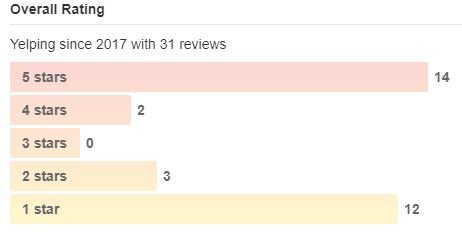zinger1457
Thinks s/he gets paid by the post
- Joined
- Jul 22, 2007
- Messages
- 3,232
For those people in a health sharing ministry who get a major illness or have a health event how many at the next open enrollment would stay with the ministry vs paying the ACA premiums? Not many I would guess. And the healthshare ministry will be happy to see you go
.
If someone is signed up with a ministry and comes down with an illness why would they leave if their medical bills are getting paid? If you have knowledge of someone not getting their medical bills paid or coverage dropped when someone comes down with an illness while a ministry member please share.

